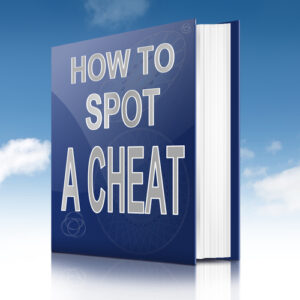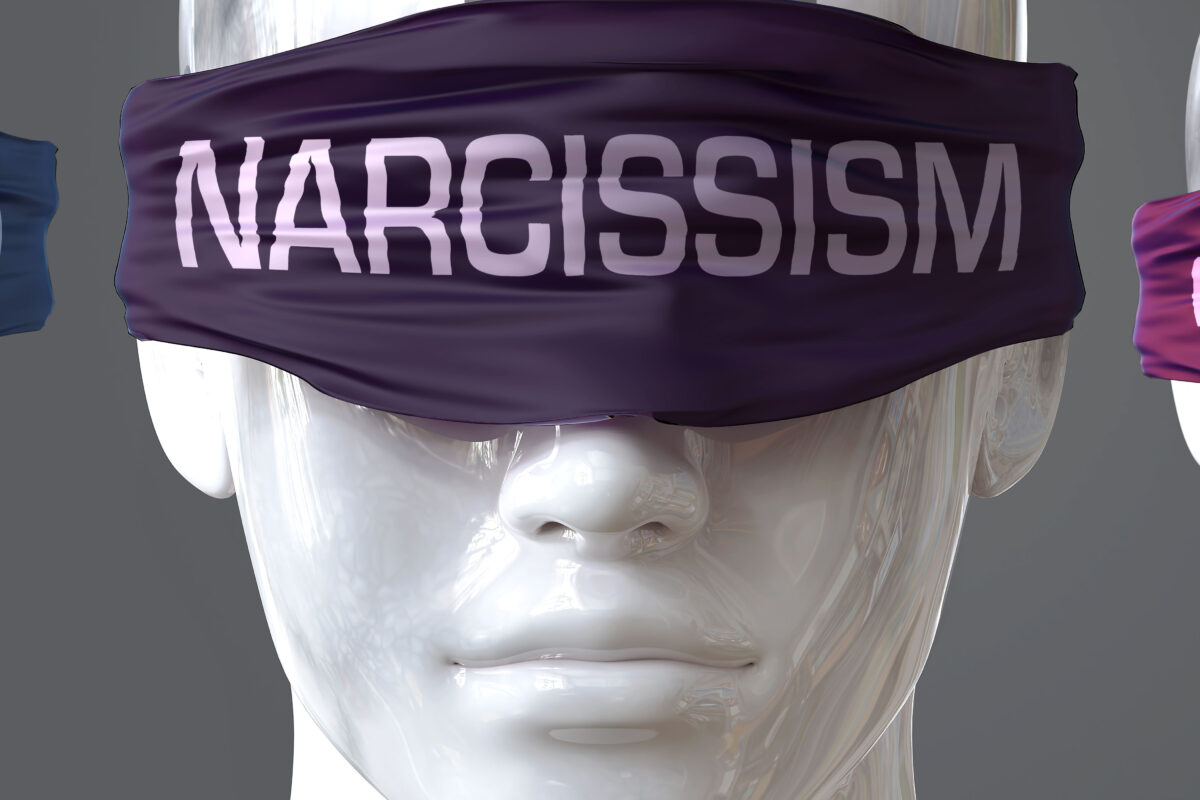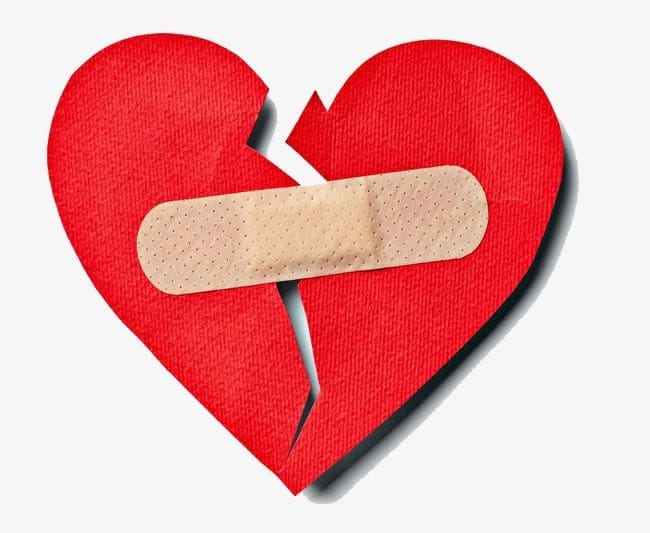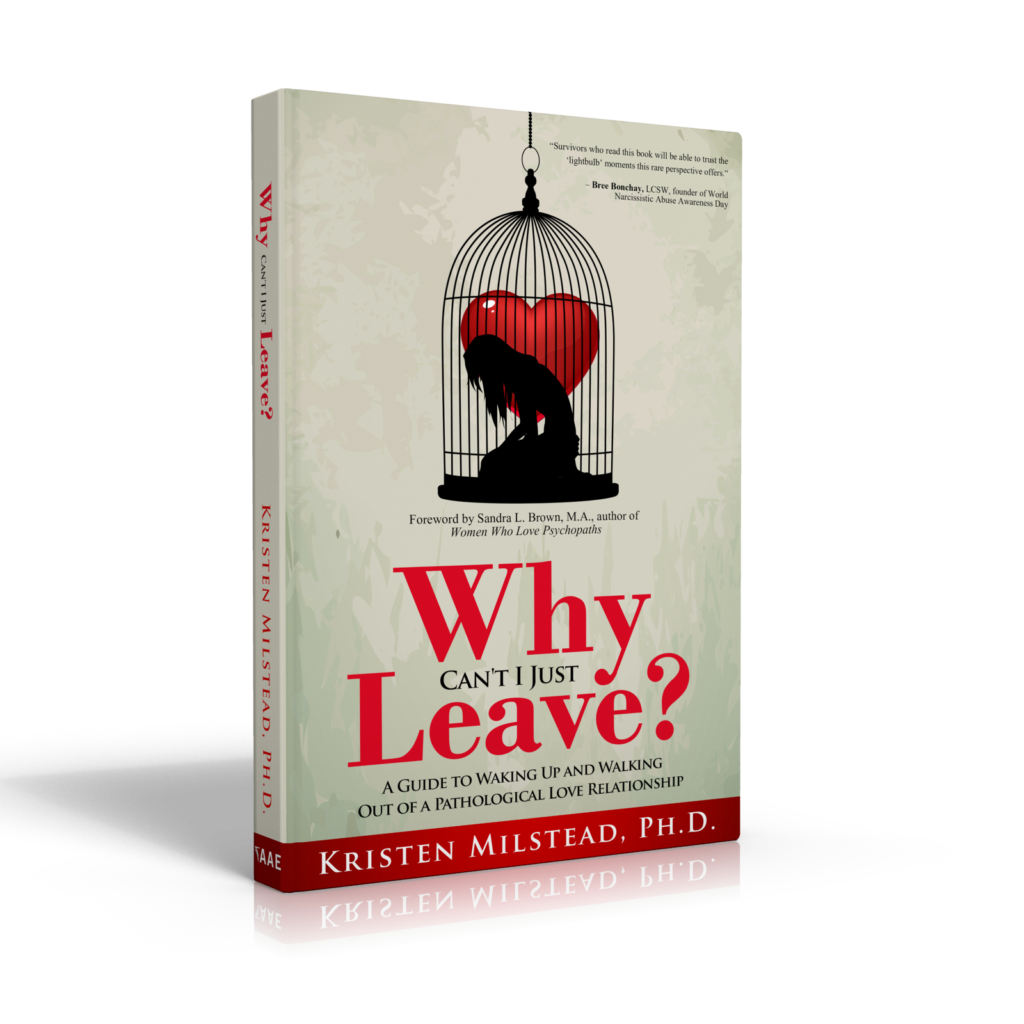I’m writing this article about a disturbing new scam that involves books on narcissistic abuse recovery.
You may have noticed a flood of books on Amazon over the last 12-18 months about narcissistic abuse, trauma, and related topics.
A large number of these books are not what they appear to be. The content is stolen or only loosely related to narcissistic abuse, or the title is misleading or intended to trick you into buying the book.
Here is how to avoid being scammed.

Types of Fraudulent Books on Narcissistic Abuse Recovery
First of all, if you’re looking for a high-quality book on narcissism and narcissistic abuse, I keep an updated list on this website with the classics in the field, the freshest releases, and the highest-rated and recommended books by survivors and experts:
The Best Books on Narcissistic Abuse Recovery
Below is a list of what to look for in a fraudulent book.
• Duplicative Titles of Popular Books
If you try to look up a popular book title and find more than one version, you may notice there are “study guides,” “workbooks,” “summaries” of the book.
The author’s name may even be included.
The books are not, however, endorsed by the original author.
These titles are intended to trick you into believing that the original author either wrote or endorsed the books. They are actually copyright violations and the author doesn’t make any money off of them.
The type that indicates they are summaries or study guides may even be in smaller type, and the seller may be hoping you don’t notice it’s not the original work.
In addition, according to anecdotal reports, the text inside often has little to do with the original author’s work.
• Books written by authors with a prestigious but dubious title
An author adds their title to a book (for example, “Dr.”), but doesn’t reference and describe their credentials in their author description to tell you more about their educational background.
Or they don’t provide an author background at all. You can’t seem to find any description that the author actually exists.
• Books light on content with nothing new to add
These books generally have enlarged font to give the appearance of a book-length work instead of a handful of articles.
The information provided is often a basic understanding of narcissistic abuse gained from compiling reading content from the Internet. It appears hastily written and is often not copyedited.
• Books with only plagiarized content
These books contain only plagiarized copyrighted material written by others that is partly or totally copied and pasted from other sources almost word-for-word.
How Not to Judge Books on Narcissistic Abuse Recovery
So how can you tell if a book is legit?
Don’t just use reviews to verify if the book is a valid one.
The Amazon rating system is broken.
There are websites and forums across the Internet where an exchange can take place: those with products can offer their products to those who have signed up to try them.
The people who sign up to try them are paid to write five-star reviews, and the sellers ship out the products to random addresses so the paid review writers get the “verified buyer” tag by their name.
It’s become a way for some people to supplement their income. Up to 40% of five-star ratings on Amazon are fake.
So what should you do?
How Can I Find a Good Book on Narcissistic Abuse Recovery?
Reviews can help, but don’t use them alone. You need to do some research too.
The expression of an author’s ideas is what creates a book’s value. You buy and read a book because you like and trust the author and what he or she has to say.
If you don’t know the author, something about the book has given you the idea that you can trust what’s inside.
Here are some things you can try to see if the book is trustworthy.
1. CHECK OUT THE BOOK.
How long has the book been around (when was it published)?
Is “Look Inside” available? When you use it, does the book seem free of errors? Does the content seem original? Is the writer’s voice authentic and clear? Can you tell what the author is trying to accomplish with the book?
2. CHECK OUT THE AUTHOR.
If the book is new, that’s not necessarily a reason to cross it off your list. You’ll want to check out the author.
Is the author who they say they are? Have they written other books? Do they have a website? How long have they had it? Do they blog about the topic? Do they have experience with or expertise on the topic? Are they on social media?
3. CHECK OUT WHAT OTHER EXPERTS SAY.
It’s also a good idea to see if others find this person credible. Have other authors or experts vouched for them elsewhere or recommended the book on the Internet?
Does the person have endorsements from other authors or experts in their Amazon description or in or on the book? Do you recognize any of the people–or are they people that you can verify exist and are credible themselves?
Not every box has to be checked in order for you to feel good about making the purchase.
If you open the book sample and like what the author has to say and you see that the author has an online presence, even though you’ve never heard of him or her, then the rest may not matter.
If you look at the book and see an error, but the book has been endorsed by someone you know, well, sometimes an error is just an error.
As an author, I can say that no one wants to have an error in their book, but even the most prestigious publications sometimes run stories with errors and then go back and correct them later. In this case, you should use errors as one clue to diagnosing fraud.
It’s not that all of these things have to check out in order for you to feel good about making the purchase.
But if none of them do? It’s a scam.
Join the community to get more articles like this one delivered straight to your inbox.
If you like this article, you’ll also enjoy these:
- How to Recover from Narcissistic Abuse by Being “Whole Again”
- What is Gray Rock? How to Deal with a Narcissist
- Songs About Narcissism: Your Abuse Recovery Playlist
- Watch These Movies About Narcissists
- The Ultimate Narcissist Dictionary for Defining Narcissism and Narcissistic Abuse
- The Unlucky 13 Different Types of Narcissism





